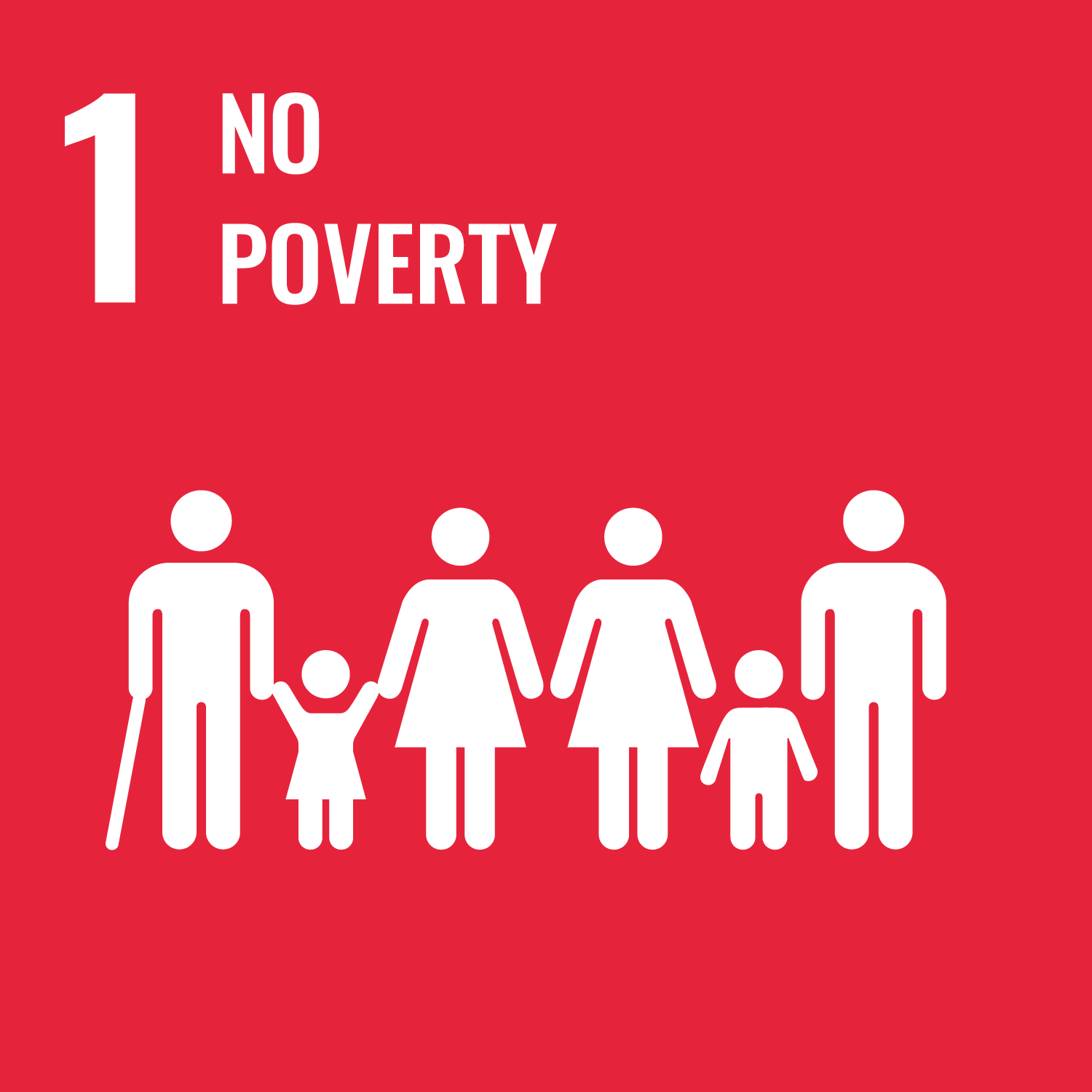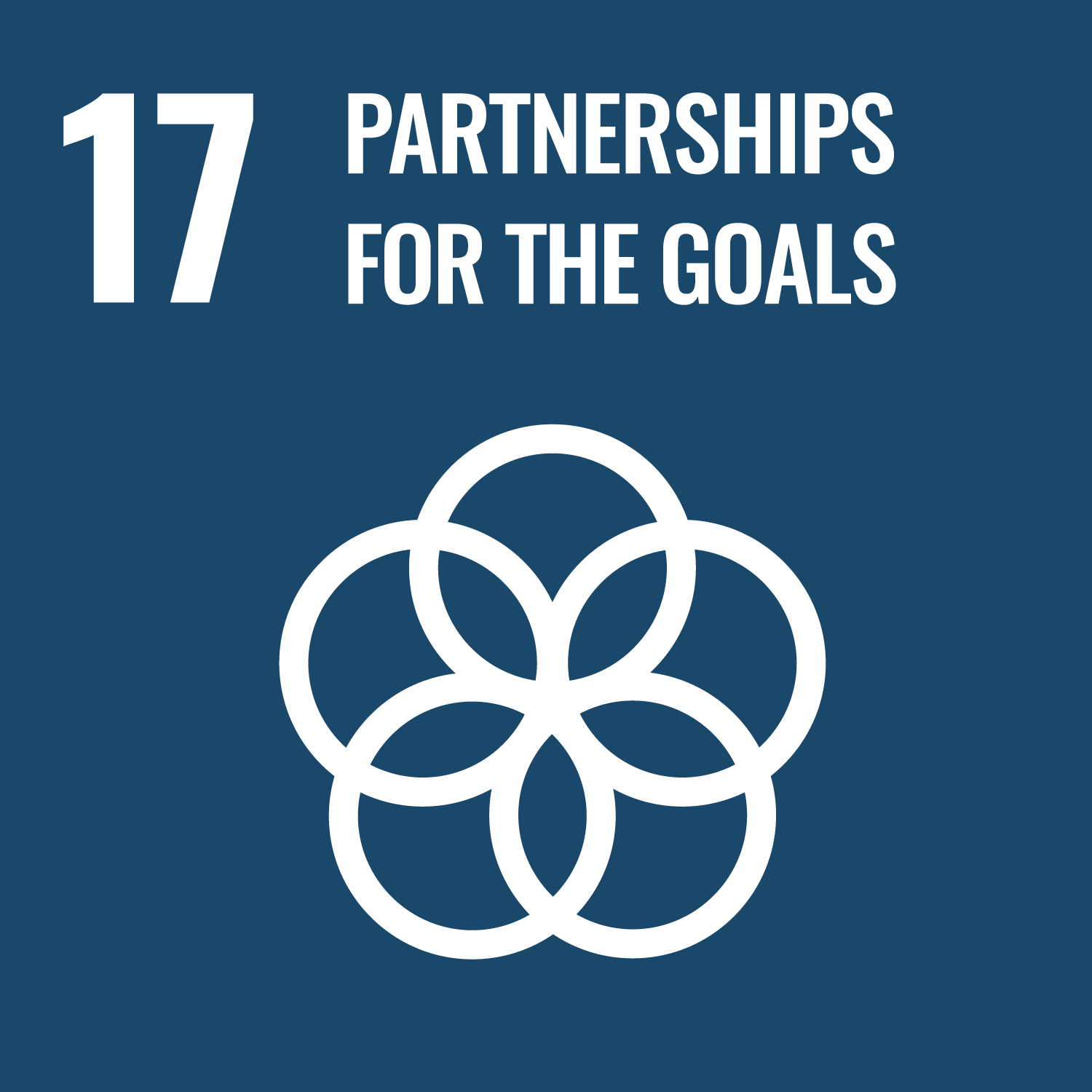Durban Homelessness to Decent Work Outcomes Based Contract
Aligned SDGs



- Durban Homelessness to Decent Work Outcomes Based Contract
- General overview
- Intervention
- Location
- Last data update
- Spreadsheet of data
- Durban Homelessness to Decent Work Outcomes Based Contract
- General overview
- Intervention
- Location
- Last data update
- Spreadsheet of data
General overview
Stage of development: Scoping
Policy sectors: Employment and private sector development / Social protection
Type of instrument: Impact Bond
Delivery locations: South Africa
Country classification: Upper-middle-income
Intervention
Social or environmental challenge
The program addresses a market failure in Durban, from a mismatch between the skills of the homeless population and the requirements of available jobs. Historically, South Africa has faced high unemployment rates, with figures around 30%. In urban areas like Durban, there's a demand for low-skilled jobs in sectors such as construction, retail, and services. However, these roles still require certain skills and a stable living situation, which many homeless individuals lack. The initiative aims to correct this inefficiency by providing skill training, vital services, and personalized support. By equipping the homeless with both hard and soft skills tailored to the local job market, and by fostering collaborations with local businesses, the program seeks to bridge the gap between the homeless and employment, addressing both the symptom and the root cause of the issue, benefiting not just the homeless, but also the communities in which they live.
Description of the intervention
Durban has been grappling with homelessness for many years. Covid made it worse. In June 2022, more than 16 000 homeless were found across eThekwini, of which approx. 5000 were in the inner-city. The main reason cited for homelessness is inability find and retain jobs.
The initiative is to explore innovative interventions, using wholistic approaches and an OBF structure, a first in Durban. The project will leverage the City's relationships with local businesses and community groups to build a robust support system together with Bridges's global expertise in designing and delivering programs reducing homelessness and increasing employment. Through skill training, vital services, and personalized support, homeless individuals are expected gain independence and decent employment.
Metrics are expected to be increase in employment rates, income, housing transitions, and self-sufficiency durations. The project anticipates delivering a program that can be scaled by the City.
The funding from the Accelerator will be used to cover part of the costs of the scoping study, local and international salaries, and limited travel. Remaining advisory costs are to be covered by the Cities Support Program of the National Treasury as part of ongoing programs.
Location
Country:
- South Africa
Locality:
- South Africa
Last data update
Data for this pipeline project was last updated in March 2024
You might have noticed that some pipeline projects have more data than others. This is because organisations can share as much data as they want with the INDIGO initiative. If you have more data on one of these pipeline projects and would like to share with us, please get in touch at indigo@bsg.ox.ac.uk. Our full list of variables and data definitions can be found here.
Spreadsheet of data
Important Notice and Disclaimer on INDIGO Data
INDIGO data are shared for research and policy analysis purposes. INDIGO data can be used to support a range of insights, for example, to understand the social outcomes that projects aim to improve, the network of organisations across projects, trends, scales, timelines and summary information. The collaborative system by which we collect, process, and share data is designed to advance data-sharing norms, harmonise data definitions and improve data use. These data are NOT shared for auditing, investment, or legal purposes. Please independently verify any data that you might use in decision making. We provide no guarantees or assurances as to the quality of these data. Data may be inaccurate, incomplete, inconsistent, and/or not current for various reasons: INDIGO is a collaborative and iterative initiative that mostly relies on projects all over the world volunteering to share their data. We have a system for processing information and try to attribute data to named sources, but we do not audit, cross-check, or verify all information provided to us. It takes time and resources to share data, which may not have been included in a project’s budget. Many of the projects are ongoing and timely updates may not be available. Different people may have different interpretations of data items and definitions. Even when data are high quality, interpretation or generalisation to different contexts may not be possible and/or requires additional information and/or expertise. Help us improve our data quality: email us at indigo@bsg.ox.ac.uk if you have data on new projects, changes or performance updates on current projects, clarifications or corrections on our data, and/or confidentiality or sensitivity notices. Please also give input via the INDIGO Data Definitions Improvement Tool and INDIGO Feedback Questionnaire.